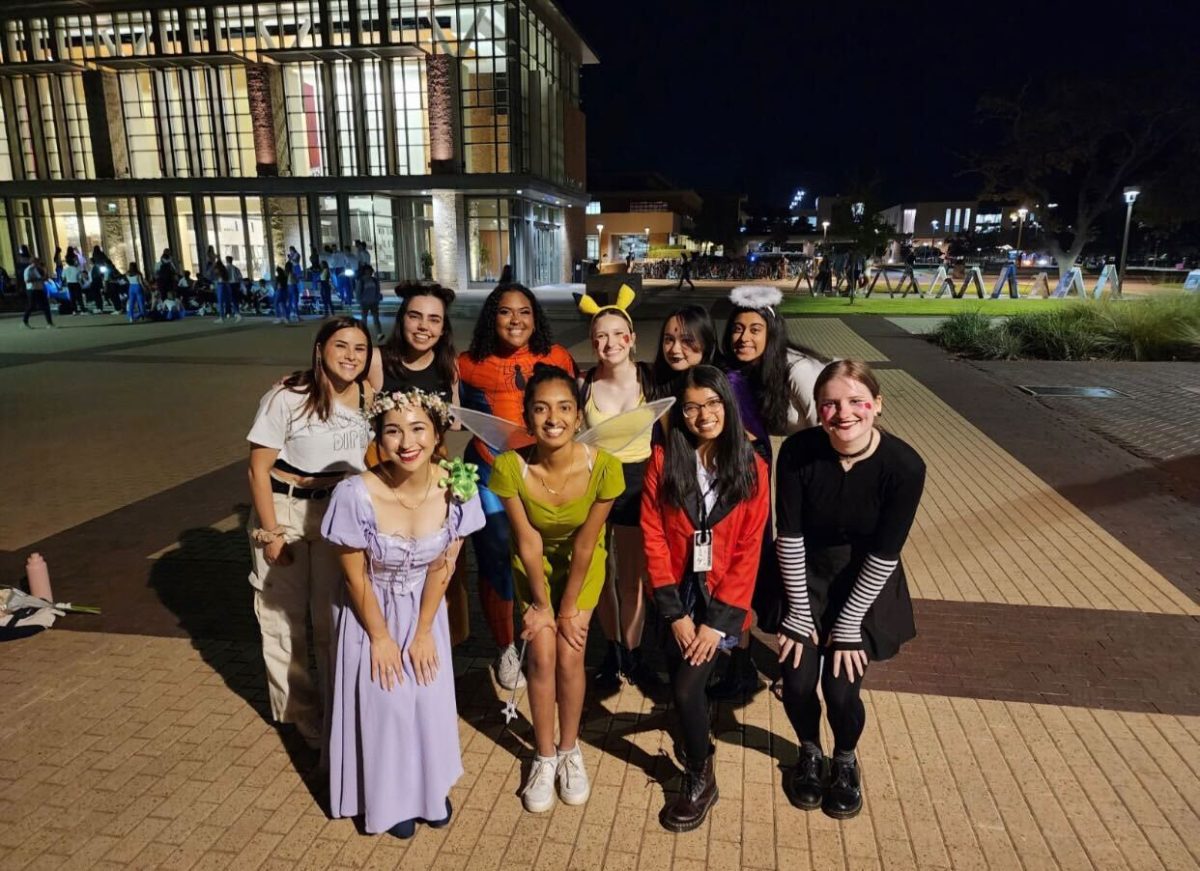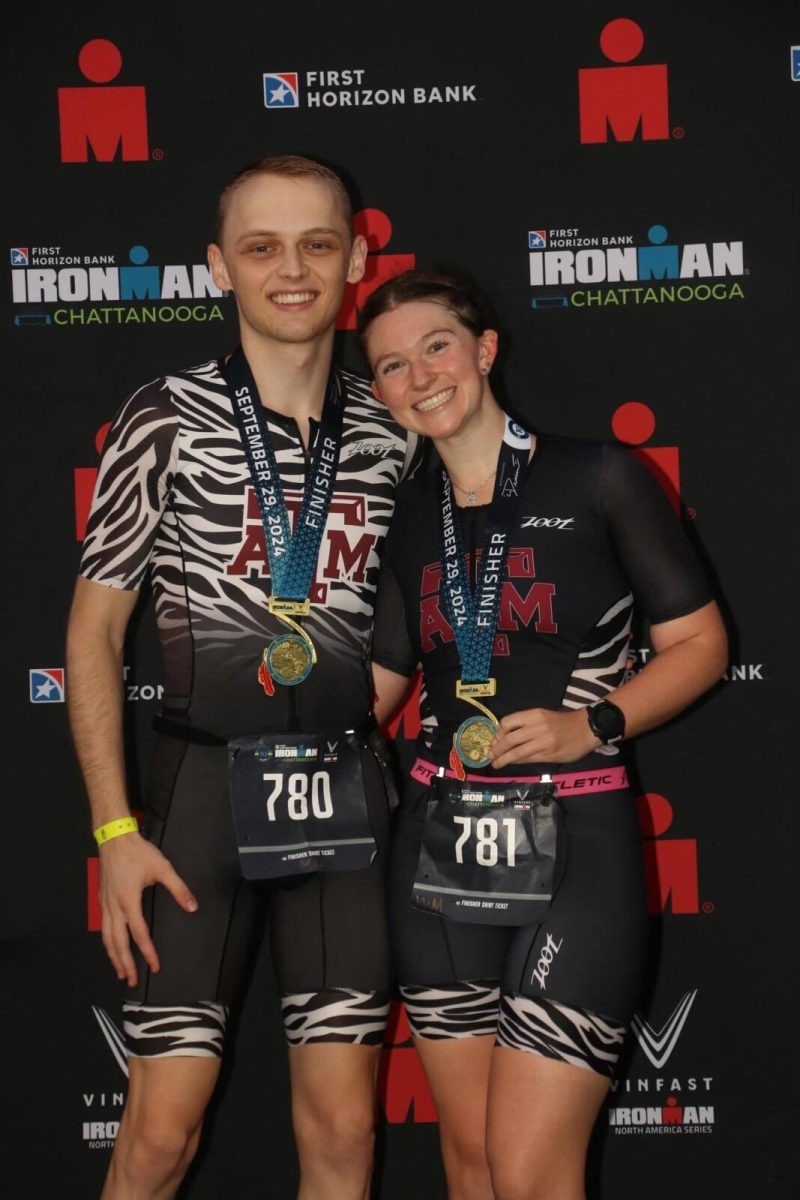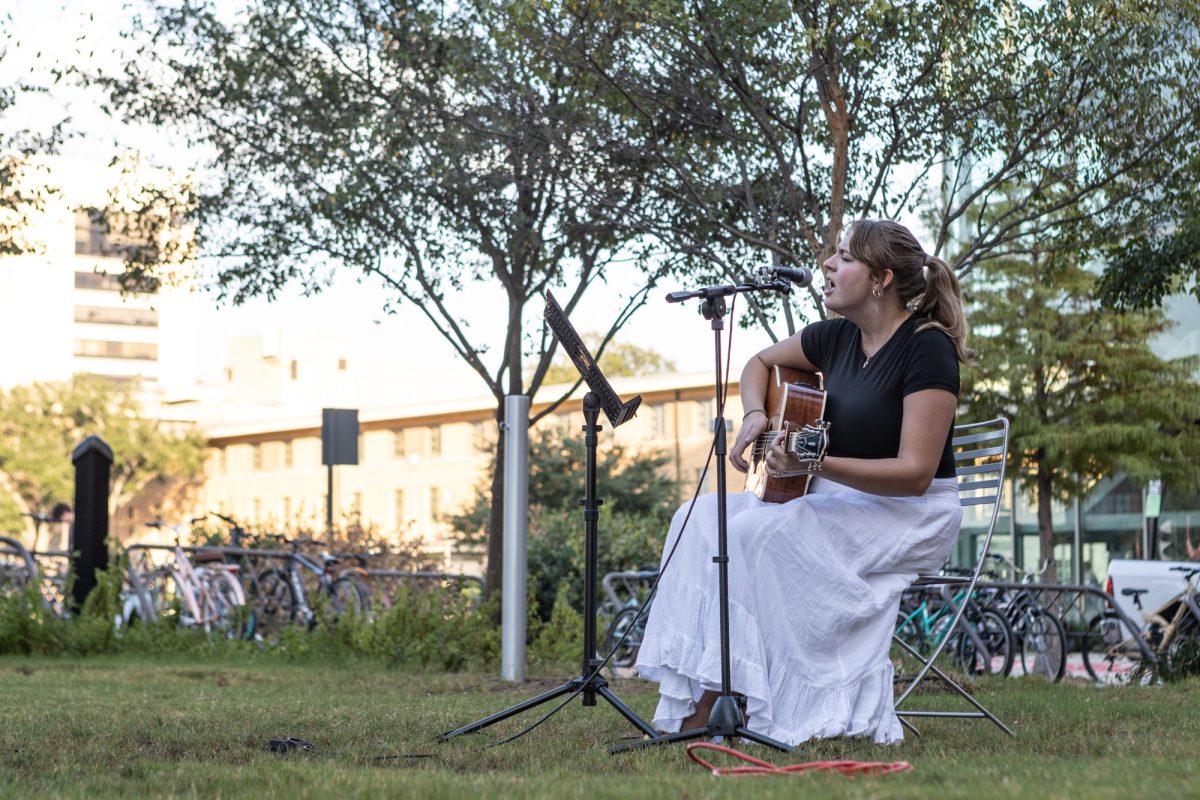Class of 2013, former Battalion editor and podcast executive producer Robert Carpenter recounts seeing vendors in the streets of Colombia selling the Venezuelan currency, Bolivares, as souvenirs.
Hyperinflation levels exceeding one million percent, according to the International Monetary Fund, have essentially rendered the currency worthless and left nearly 90 percent of the population in poverty. A recent study reports that the average Venezuelan has lost 24 pounds as they don’t have enough money to buy food.
Carpenter and fellow podcaster Gerwuin Riera have been chronicling the unfolding crisis over the past year with their Spanish-language show “Venezuela: Crisis y Esperanza” (Crisis and Hope).
It all started when Carpenter decided to spend a few months in Colombia after graduate school. Early in his stay, Carpenter met Riera when he went for ice-cream with mutual friends. From his limited Spanish, Carpenter pieced together two facts: that Gerwuin was an audio producer and that he was a Venezuelan who fled his country due to the crisis.
“The podcast wasn’t going to happen with just me as I didn’t have a background in audio production. I just had journalism,” Carpenter said. “Gerwuin had this amazing audio production background and a lot of talent and enthusiasm for it, and he’s Venezuelan. It was like two puzzle pieces fit together very nicely with very complementary skills.”
However, the real trigger for the podcast came when Carpenter met Genesis, a young woman who had fled Venezuela at 17 and was forced to make ends meet by doing odds-and-ends jobs like Spanish tutoring and childcare.
Carpenter knew there was an entire community like Genesis who needed to be heard. When he approached Riera about doing a podcast, he was all in.
“We wanted people who were experiencing the crisis to be telling the story in his or her own voice and accent,” Carpenter said. “The BBC and The New York times go to Venezuela and report about it, but that’s different from a Venezuelan publication doing it. That’s been at the heart of what this effort has been about — giving Gerwuin an opportunity to be one of the voices of the Venezuelan people.”
However, an under-represented populace and the best of intentions do not necessarily translate into a meaningful podcast, especially in their case, as they had no prior experience in podcasting.
“Editing stories was comfortable for me as I did that at The Battalion,” Carpenter said. “But editing audio is like adding another dimension. Once you start to produce podcasts, you need to think about the ambient noise, what music to layer in, how does Gerwuin’s voice sound?”
Riera, on the other hand, was not sure what a podcast was.
“I did radio for a long time, and the truth is that when I heard the word podcast, I thought it was just another format of the radio.” Riera said. “So, I had never tried podcasting until I started working with Robert. I think I’m still learning what this means.”
Carpenter was well aware of the mountain that stood before them, having worked for Pulitzer Prize-winning digital journalist Mike Reszler at American Public Media (one of the largest podcasting networks in the US) in the summer of 2017 who taught him how companies deal with podcasts and how they are produced professionally. Despite their concerns, Reszler was excited and offered to advise them when Carpenter suggested the podcast.
“I’ve been a journalist all my life,” Reszler said. “I’ve run and overseen large newsrooms, and I knew that these were really important stories about the Venezuelan diaspora that was happening and needed to be told.”
Carpenter and Riera went ahead with the podcast despite the challenges, aiming to learn on the job. Riera was responsible for finding stories, writing and producing the podcast in Colombia while Carpenter edited the stories and managed the podcast from Houston.
Once they started publishing content, Carpenter and Riera quickly realized that their inexperience was the least of their worries. The underdeveloped podcasting landscape in South America proved to be a major challenge, as well as the fear that their podcast would not gain any traction with media outlets and the people. However, the most significant struggle they faced was getting people to speak out about their circumstances for fear of persecution by the current regime.
“It can be hard sometimes to find people who want to talk because they’re afraid,” Carpenter said. “We do things like use false names to protect their identities; we don’t reveal locations and things like that. Anytime a Venezuelan speaks with us, they are trusting us, and we take that very seriously. Their suffering is important for them to share. Even if the change is slow, the world is at least aware of what they are going through.”
Despite the risks, Carpenter and Riera plowed through in their mission to provide a platform for the oppressed. Sure enough, the stories published started gaining traction within the Venezuelan community and more Venezuelans began reaching out to them via social media and email to tell their stories. For Carpenter, hope amid the most abject circumstances was a defining characteristic of the Venezuelans as a people.
“I just had so much respect for their positivity and for their endurance,” Carpenter said. “It is just a group of people that taught me that you might have a difficult life, but you just wake up and keep going, and you figure it out.”
One year into production, things are looking up for “Venezuela: Crisis y Esperanza” with a steadily growing listenership and plugs by major Spanish podcasts such as Radio Ambulante from NPR. Riera still feels the full weight of the crisis but despite the pain, he maintains a hopeful attitude.
“My mind at night begins to walk among the streets of Venezuela and see grandparents and children suffering,” Riera said. “I feel too much sympathy for this part of the population that’s so vulnerable, but I try to be a hopeful agent as my relatives are still in the country and they are sick of seeing everything that happens. When I talk to them, I can only pass on hope. It is hope that can lift you up to keep fighting until the dictatorships are over. Even then we will need to hope till we recover all that has been lost.”
The chronicles of Venezuela – The Aggie, the crisis, and the podcast
February 27, 2020
0
Donate to The Battalion
Your donation will support the student journalists of Texas A&M University - College Station. Your contribution will allow us to purchase equipment and cover our annual website hosting costs.









